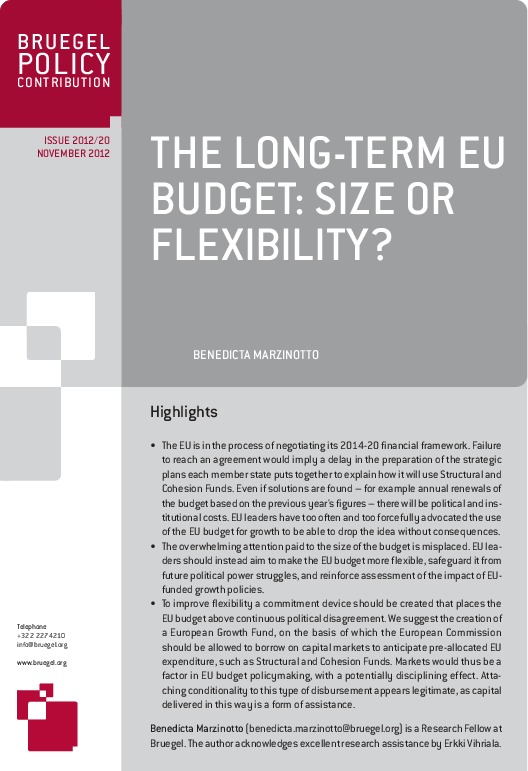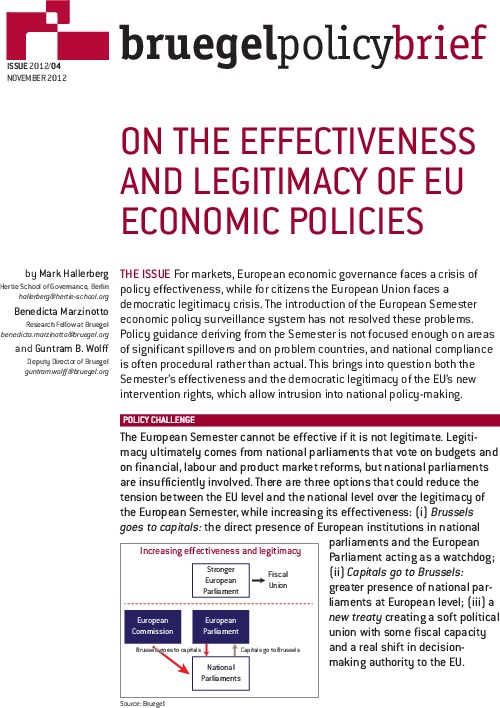Former scholars

Benedicta Marzinotto
Expertise: EU macroeconomics, EU economic governance, varieties of capitalism and labour markets institutions. CV: Download CV Twitter: @bmarzinotto
Benedicta Marzinotto was a Resident Fellow at Bruegel from 2010 to 2013. She is now with the European Commission as a Policy Analyst – Economist, Labour market reforms, at DG ECFIN.
She is also a Lecturer in Political Economy at the University of Udine and Visiting Professor at the College of Europe (Natolin Campus).
Her research for Bruegel focused on EU macroeconomic developments, EU Institutions, finance and growth. More precisely, she was working on the macroeconomics of the recent crisis, the competitiveness debate (macro and micro-approach), the role of the EU budget in the crisis and the impact of financial regulation on economic growth.
From 2004 to 2009, Benedicta was a Research Fellow in the International Economics Programme at Chatham House. She also has experience as a freelance political economic analyst. She has held visiting positions at the Free University of Berlin and at the University of Auckland.
Benedicta holds a MSc and PhD in European Political Economy from the London School of Economics. Her research interests include: EU macroeconomics, EU economic governance, varieties of capitalism, and labour markets institutions.
She is fluent in Italian, English and German.





